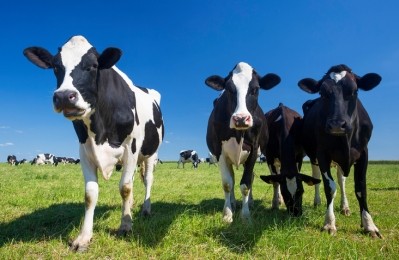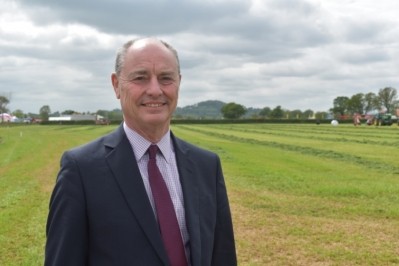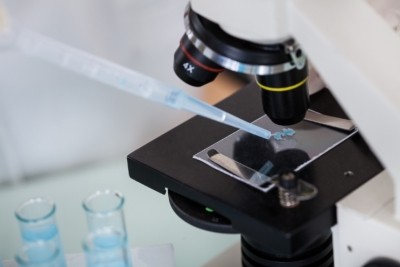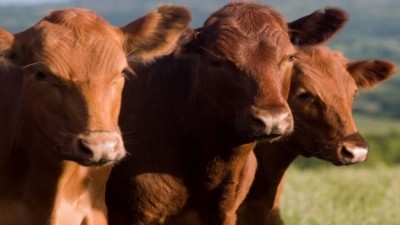Meat industry welcomes livestock traceability scheme
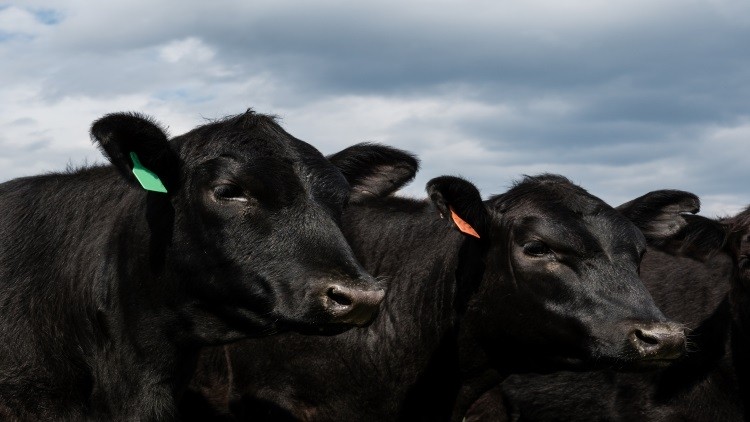
The new service will be rolled out in 2019 and will provide a means to identify and track animal movements via electronic IDs throughout their whole life-cycle.
It is hoped the service will provide a foundation for some of the best farm-to-fork traceability in the world when the UK leaves the EU.
It will identify and track animal movements, starting with dairy cows, cattle, sheep, pigs and goats. The service will also mean that the industry and government will be better-placed to respond in the event of a disease outbreak.
The service features contributions from industry stakeholders (see box) over the past year through a partnership called the Traceability Design User Group (TDUG).
TDUG Members
Agriculture & Horticulture Development Board
Animal & Plant Health Agency
Animal Health & Welfare Board for England
Approved Livestock Identification Manufacturers’ Association
Association of Independent Meat Suppliers
British Equestrian Federation
British Meat Processors’ Association
British Pig Association
Duchy College
Food Standards Agency
Harper Adams University
HCC (Meat Promotion Wales)
Livestock Auctioneers Association
National Beef Association
National Farmers Union
National Pig Association
National Sheep Association
Red Tractor
Royal Association of British Dairy Farmers
Rural Payments Agency
The Horse Trust
Trading Standards
When announcing the service, environment secretary Michael Gove said: “This service will be instrumental in improving traceability and providing guarantees to consumers about the origin of their food. National Farmers Union (NFU) president Minette Batters, among others, has helped lead the way on this, showing how it will drive a progressive and vibrant livestock industry once we leave the EU.
“Working hand-in-hand with industry, we will design and implement a service that puts food safety, animal health and welfare and environmental enhancement at its core.”
John Cross, chairman of the TDUG, said: “Government and industry ambitions are aligned in understanding the need for and benefits of a single digital multi-species livestock traceability and information service.
“The best use of proven modern technology will make it simple for farmers, food chain companies and government to use the service and reap the benefits of shared data that will put the UK livestock industry on the front foot as a global trading partner.”
Nick Allen, chief executive of the British Meat Processors Association and part of the then-EBLEX team that started the project in 2014, welcomed the service: “I’m very proud that the work John Cross and I started four years ago has now become a reality,” he said. “The new Livestock Information Service will put Britain at the forefront of farm-to-fork traceability and cement our position as one of the world’s best food producing nations.”
NFU president Minette Batters said: “It’s essential that government and industry work together and this a great example of what we can achieve when we do. I feel that this is totally transformational, underpinning our reputation for producing some of the best meat and livestock products in the world. It’s a win for government, a win for team agriculture and, most of all, it’s a win for the consumer.”
However, NFU Scotland livestock policy manager John Armour questioned the system’s priorities. “In Scotland we already use our own system for sheep traceability and the ambition is to see cattle traceability operate at a Scottish level. NFU Scotland will continue to work with the Scottish Government and Scottish stakeholders toward this aim. It’s vital that the new DEFRA [Department for Environment Food & Rural Affairs] system is built to ensure interoperability with systems elsewhere in the UK.
“As the DEFRA Livestock Information Programme progresses, we need to see more outreach from DEFRA to other parts of the UK. Lately we have seen a tendency for DEFRA officials to primarily consult English stakeholders on issues that will clearly impact businesses across GB and the UK.”
